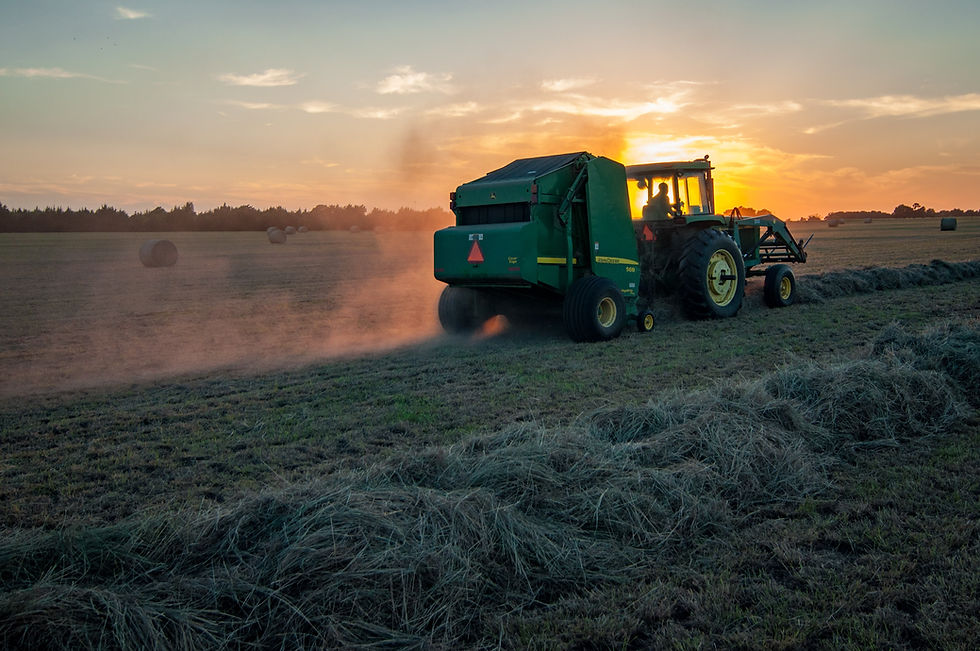A Fence when You Don’t Have a Fence NSW changes to virtual stock fencing
- Flow Australia
- Oct 27, 2024
- 2 min read
Legalising virtual stock fencing in New South Wales is a key recommendation of the Committee on Investment, Industry and Regional Development.

The Committee was tasked with reviewing the Prevention of Cruelty to Animals Amendment (Virtual Stock Fencing) Bill 2024 ('the bill'), to understand the proposed changes and implications of legalising the technology.
In March 2024, Mr Philip Donato MP, the Member for Orange, introduced the bill in the Legislative Assembly. The bill seeks to legalise the use of virtual stock fencing devices in New South Wales.
"Virtual stock fencing technology can deliver a range of benefits to NSW farmers by reducing costs, and allowing them to use their land more efficiently," said Committee Chair, Mr Roy Butler MP.
"Legalising the technology will bring New South Wales into line with other Australian and overseas jurisdictions that permit the commercial use of virtual stock fencing. It will also help our farmers to remain competitive, as they face increasing challenges from natural disasters, labour shortages and fluctuating markets."
The report also considered the impact of virtual stock fencing on animals and recommended that the Department of Primary Industries and Regional Development develop a mandatory code of practice to protect animal welfare.
"The benefits of this technology need to be balanced with protecting the welfare of livestock. We believe that a mandatory code of practice will ensure safeguards are put in place and that technology producers are kept to high standards," said Mr Butler.
The report found that the technology had additional benefits to the environment and could enhance biosecurity. Virtual stock fencing can help farmers fence off environmentally sensitive areas where physical fencing is unsuitable. Farmers can also use the technology to quickly identify and isolate sick animals, preventing the spread of diseases.
The report also found that there was a lack of understanding about the technology. The Committee recommended that the Department develop an education campaign to help people understand the operation, risks and benefits of virtual stock fencing.
The Committee heard from a range of stakeholders including technology producers, animal welfare advocates, farmers, local councils, academics and members of the public on their views on the technology.
"We appreciate the extensive stakeholder input into this inquiry. The technology is still developing, and we hope the report can make a positive contribution to its advancement and bring benefits to farmers in New South Wales."






Comments